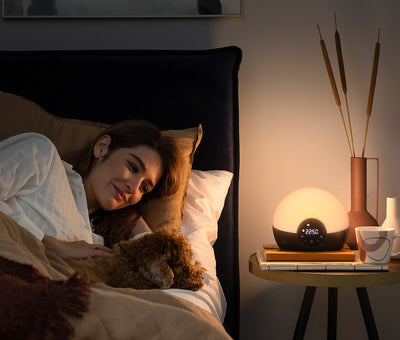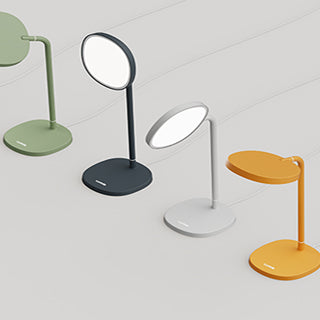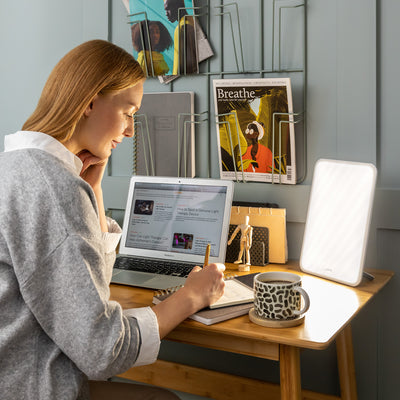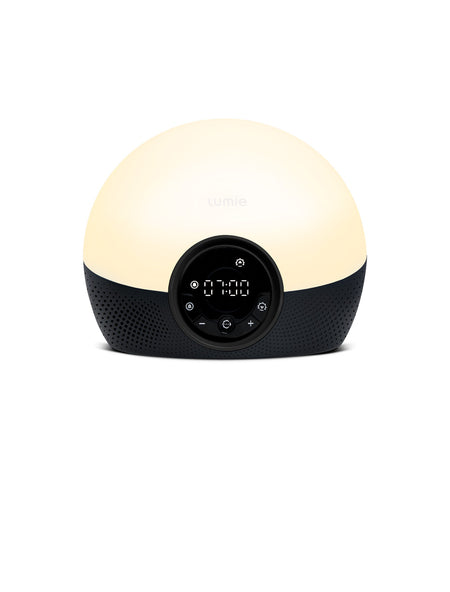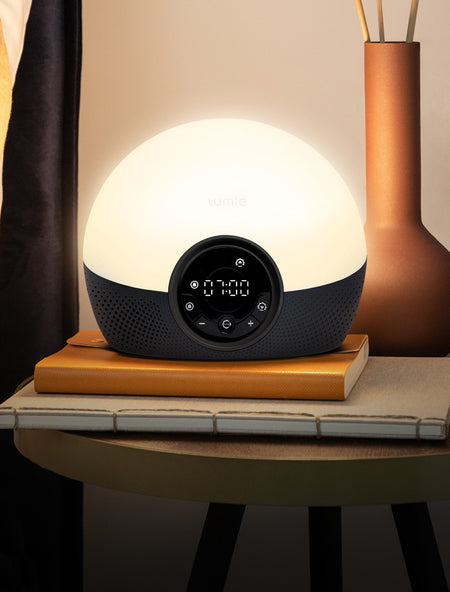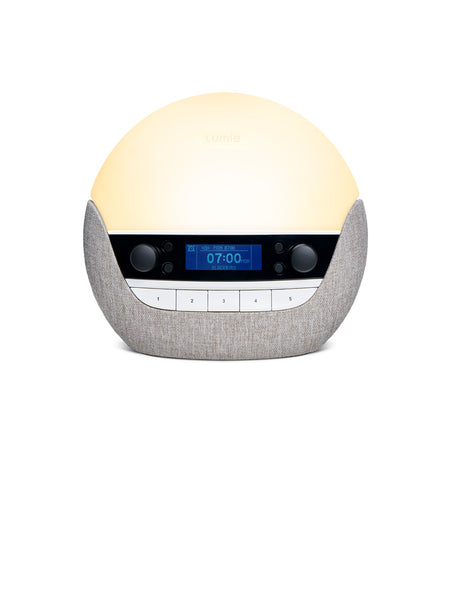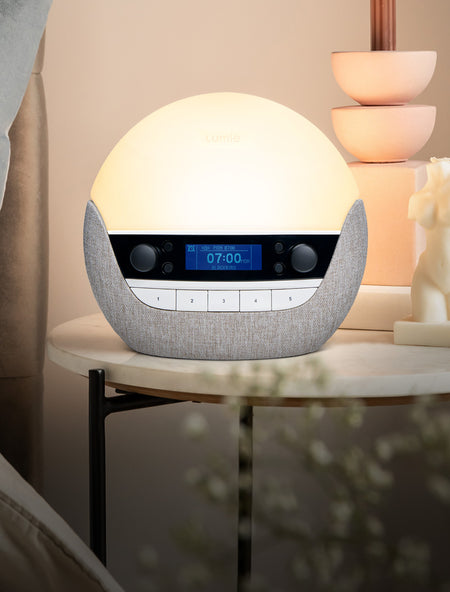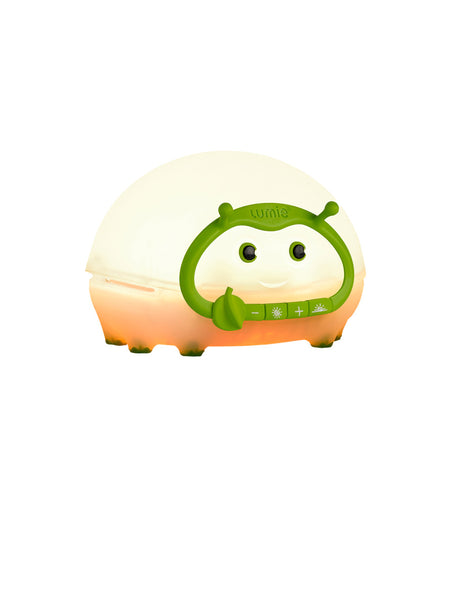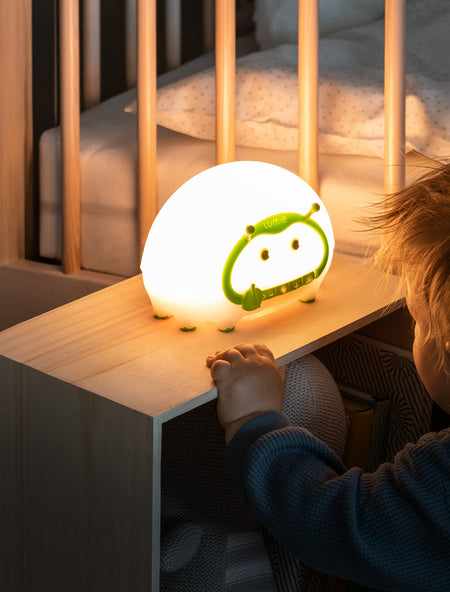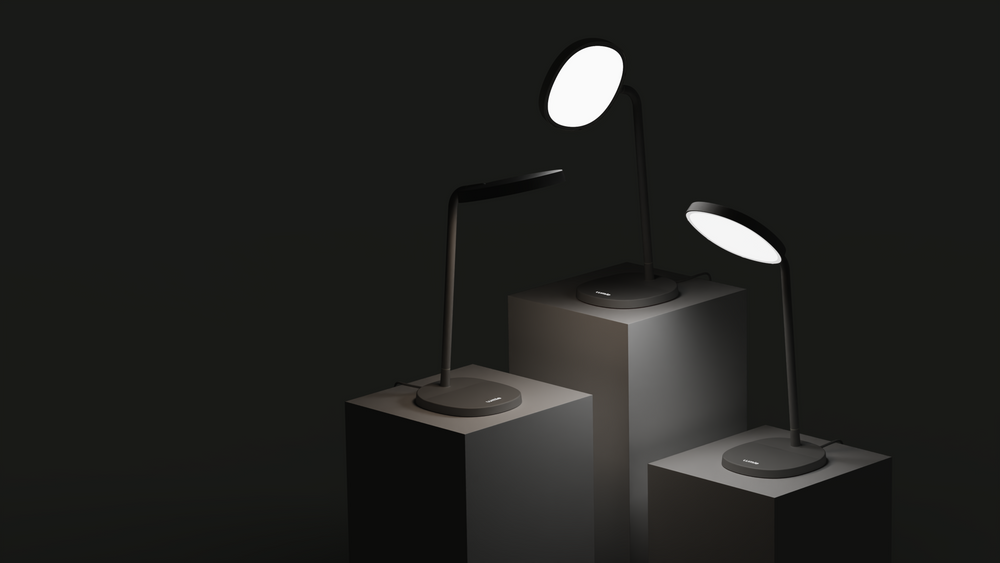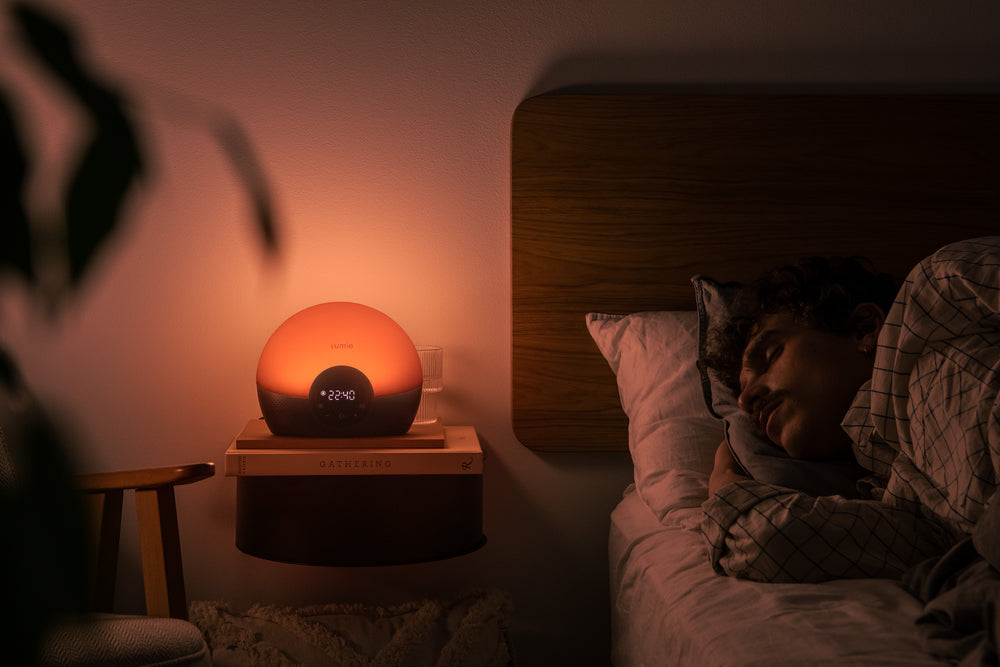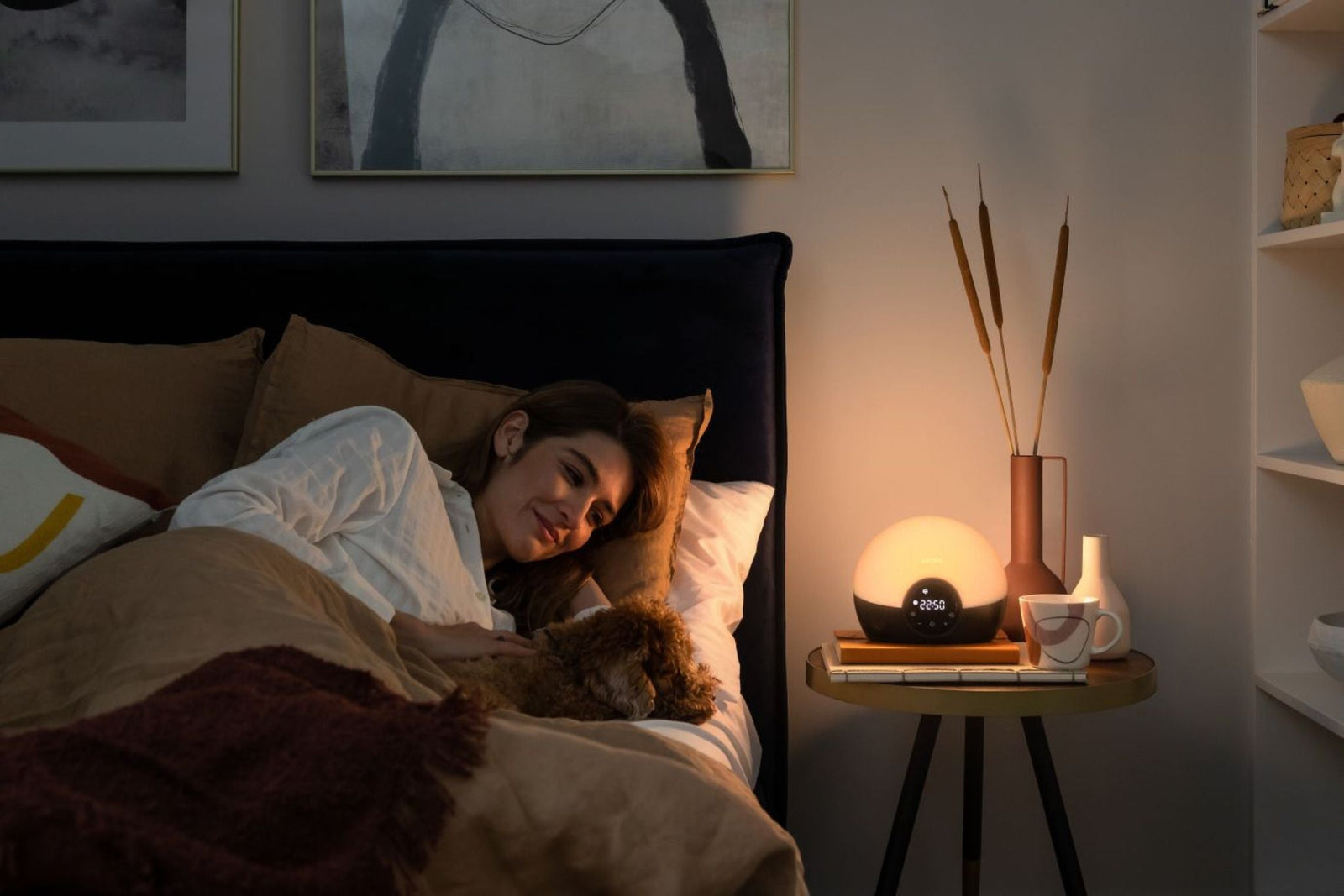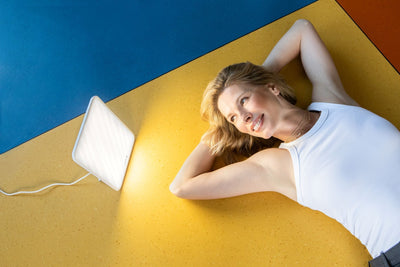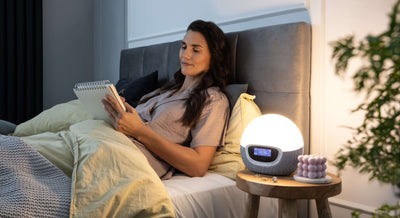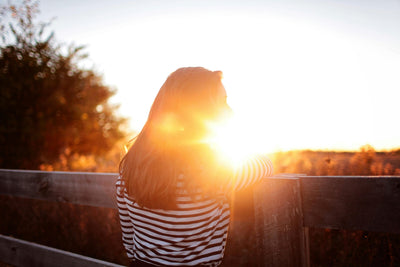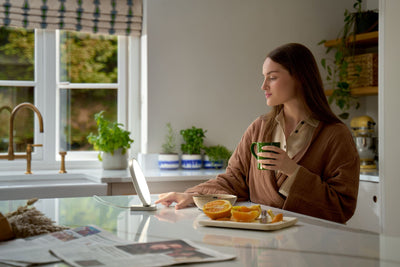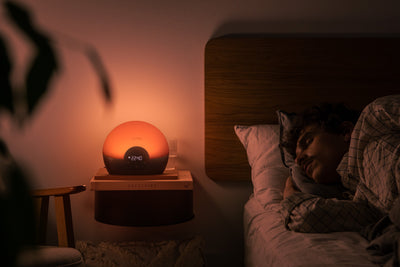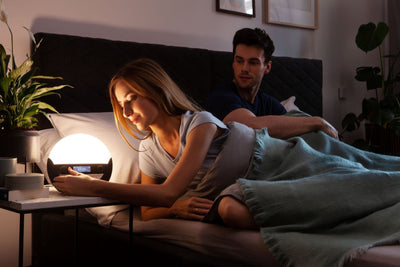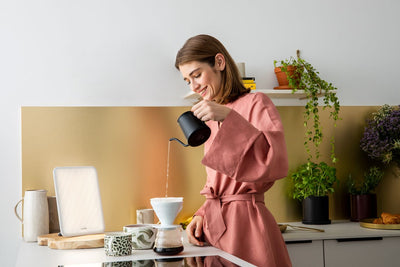What is blue light and how is it affecting your sleep?
That’s right, the cause of a bad night’s sleep could be right in front of you! It's well known that endlessly scrolling can impact our mental health, but did you know it could be keeping you up at night too? Research has shown that using your phone for at least half an hour before bed contributes to poor sleep quality, due to its alerting blue light and stimulating content.
Blue light naturally comes from the sun and plays a key role in regulating our circadian rhythm, otherwise known as our body clock. This blue light prompts the decrease in melatonin production (the hormone that makes us sleepy), so we feel awake and ready for the day. Due to the modern world we live in (and the amount of time we spend staring at screens!), blue light is more commonly found in digital devices. While blue light is great for making us feel energised in the morning, exposing ourselves to it in the evening can have a detrimental effect on our sleep.
As well as this alerting blue light confusing our sleep/wake cycle, what we're consuming on our phones makes it difficult for our brains to switch off. When we experience this over-stimulation from content on our devices, our bodies increase their production of cortisol (the stress hormone), which can prompt feelings of anxiousness.
Take Vikki Revell’s expert advice and banish your phone from the bedroom. Swap your phone’s blue light, harsh alarm, and non-stop buzzing for a Lumie wake-up light. Not only do they wake you with a gradually brightening light, but they also offer a fading sunset at bedtime (with a low-blue light option), creating an environment for your best night's sleep.
Click here for more research on how light therapy can improve your sleep, and discover our full range of wake-up lights to improve your sleep hygiene.
